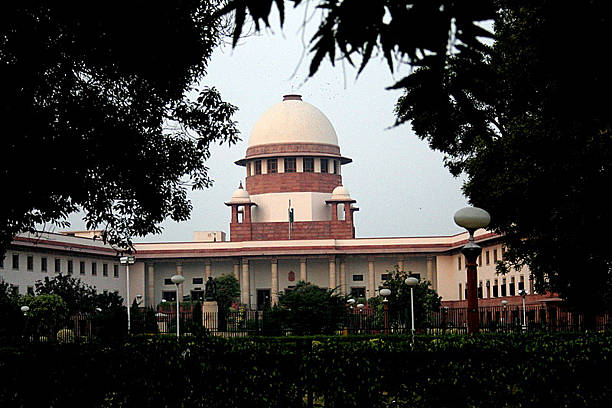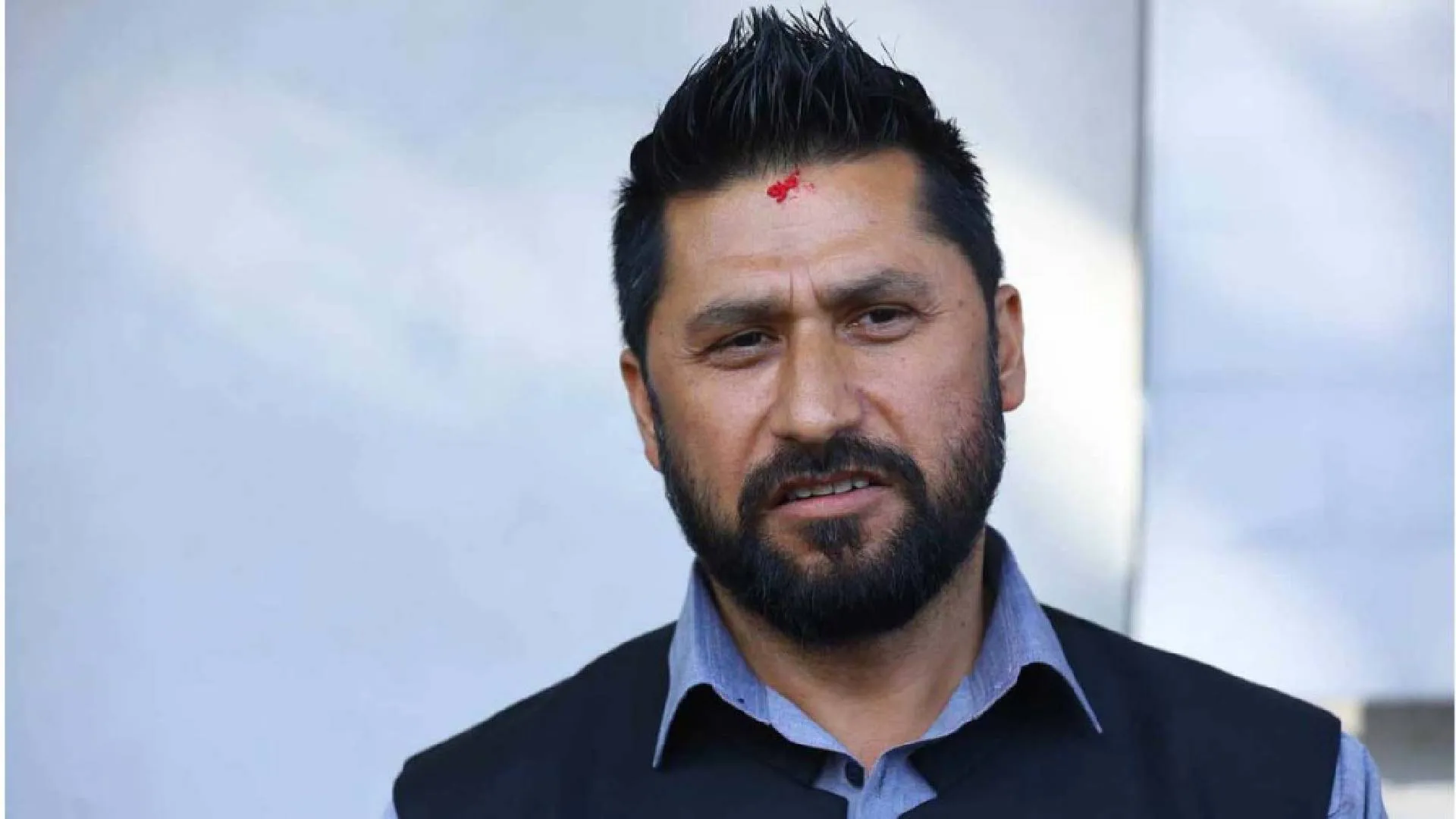The Supreme Court in the case Sansera Engineering Limited vs Deputy Commissioner, Large Tax Payer Unit, Bengaluru observed and has held that while making claim for rebate of duty under Rule 18 of the Central Excise Rules, 2002, the period of limitation which is being prescribed under Section 11B of the Central Excise Act, 1944 shall have to be applied and has to be applicable.
The bench comprising of Justice MR Shah and Justice MM Sundresh observed and has approved the view taken by the Bombay High Court in the case of Everest Flavours Ltd. v. Union of India and has also overruled the contrary decisions of the High Court of Madras, the Allahabad High Court, Rajasthan High Court and the Punjab and Haryana High Court.
In the present case, the High Court of Karnataka upheld the order passed by the Deputy Commissioner, Large Tax Payer Unit, Bengaluru, wherein rejecting the claim of the Sansera Engineering Limited for rebate on the ground that the claim was barred by time or limitation prescribed under Section 11B of the Central Excise Act, 1944
Before the Apex Court, the issue raised was whether the claim for rebate of duty provided under Rule 18 of the Central Excise Rules, 2002, the period of limitation which is being prescribed under Section 11B of the Central Excise Act, 1994 shall be applicable or not?
It has been stated that as per Section 11B(1) of the Act, any person claiming refund of any duty of excise (which includes the rebate of duty as defined in Explanation (A) to Section 11B of the Act) has to make an application for the refund of such duty to the appropriate authority before the expiry of the period of one year from the relevant date and only in the form and manner as it may be prescribed. Further, it has been stated that as per Explanation (A) to Section 11B, “refund” includes “the rebate of duty” of excise. The contention raised by the appellant was that in Rule 18 of the 2002 Rules and notification dated 6.9.2004, there is no mention to the applicability of Section 11B of the Act and that the claim for rebate of duty under Rule 18 is distinct and different than that of the claim for refund of duty under Section 11B of the Act.
The bench observed that merely because in Rule 18 of the 2002 Rules, which is an enabling provision for grant of rebate of duty, there is no reference to Section 11B of the Act and/or in the notification dated 6.9.2004 which is issued in exercise of powers conferred by Rule 18, there is no reference to the applicability of Section 11B of the Act, it cannot be stated that the provision contained in the parent statute, namely, Section 11B of the Act shall not be applicable, which otherwise as observed hereinabove shall be applicable in respect of claiming for rebate of duty.
It has been observed by the court that a subordinate legislation cannot be interpreted in a manner such that the parent statute may become nugatory or otiose.
Adding to it, the court stated that the subordinate legislation cannot override the parent statute. The Subordinate legislation can always be in aid i relation of the parent statute. It has been observed that subordinate legislation cannot override the parent statute. However, the subordinate legislation which is in aid of the parent statute has to be read in harmony with the parent statute and the subordinate legislation cannot be interpreted in such a manner that parent statute shall become otiose or nugatory.
It has been noted by the court that the respective claims were beyond the period of limitation of one year from the relevant date. The bench while dismissing the appeal stated that the claims were rightly rejected by the appropriate authority.

















